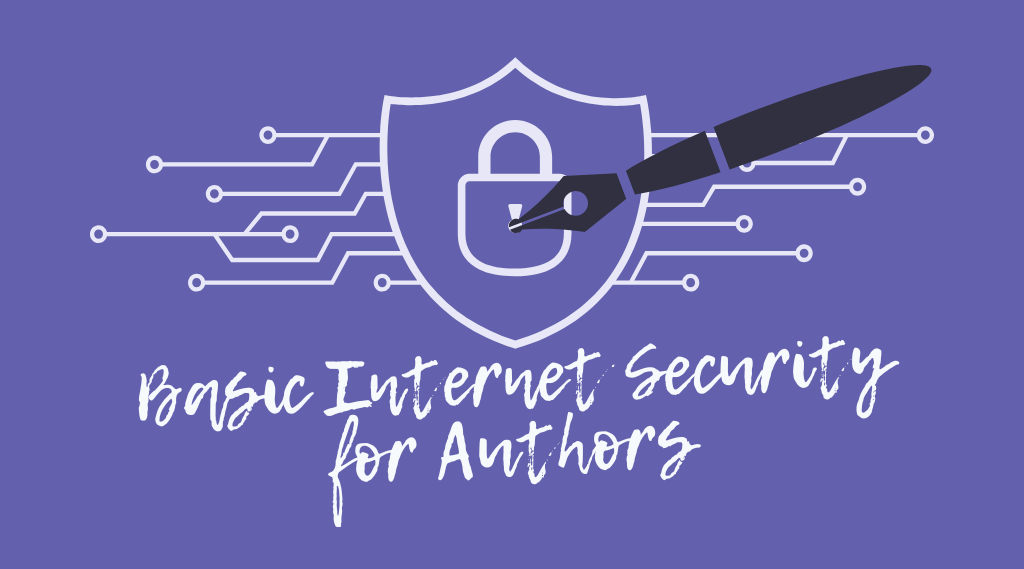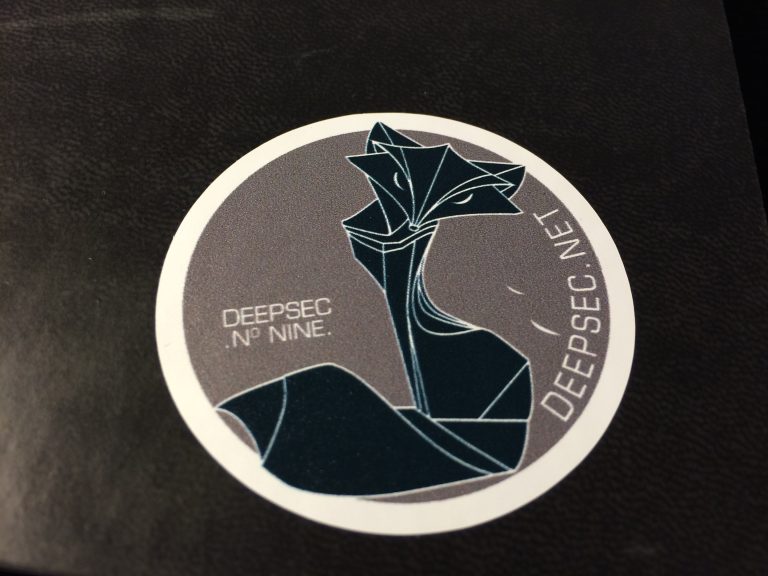Basic Internet Security for Authors – Cloud and Backups
Dear fellow writers around the world, this is – unfortunately – not a drill. Book bans are in place in the US, just a month after Trump’s second inauguration. What will come after book bans? Well, you don’t need your professional phantasy to come up with several scenarios. We probably don’t have much time left until the next steps will happen and the only choice we have is to write what’s pleasing Trump, Musk and their Silicon Valley broligarchy friends or remain silent.
Save Your Portfolio
„The Cloud“, especially the US cloud, is not a safe place. What’s within a cloud drive is on the computers of other people. Silicon Valley consists mostly of Trump supporters and your data, your manuscripts and books and probably your sustenance lie in the hands of Trump supporters. Please consider switching from Google Drives, MS One Drives, Dropbox etc. Also if you’re in the US or UK and use Apple’s iCloud. On UK government request, Apple just pulled the encryption from its iCloud services for the UK. Keep your manuscripts and other important documents safe on an external harddrive or/and a flash drive. I know it sounds like a big step and probably totally ridiculous, but it’s time to think two or three steps ahead, before you’re left with nothing.
We know from earlier experience that cloud providers like Dropbox or Google Drive regularly open and check your files automatically if everything on their servers is in line with US law. They do this to make sure they keep everything on their infrastructure legal because they could lose their business licence in the US.
If you write something in your manuscripts that by presidential order is unwanted now, like trans characters, people of colour, gender equality, strng female characters etc., it’s just one little script running that finds your content and deletes it. Probably your entire account. As it already happened in 2024 to a romance author: Romance author gets locked out of Google Docs for “inappropriate” content. And tons of people for content in their Google Docs in 2017. And, also in 2017, for content on YouTube. It also happened to a father for a medical photo of his kid., which the automatic picture upload sent a backup of to the Google drive connected to the father’s phone (so he didn’t even upload it himself). His account was locked immediately. A similar thing happened to a woman living in Australia, whose 7-yo son uploaded a nude video he was dared into by classmates to YouTube (which also belongs to Google). „She was locked out of not just YouTube but all her accounts with Google. She lost access to her photos, documents and email, she said, meaning she couldn’t get messages about her work schedule, review her bank statements or “order a thickshake” via her McDonald’s app — which she logs into using her Google account. Her account would eventually be deleted, a Google login page informed her, but she could appeal the decision.“ (NY Times) Several appeals were denied. She only got access to it after a reporter of The Times inquired.
But I Already Encrypt My Dropbox Data!
Even if you think you’re safe if you user services like Boxcryptor or Cryptomator or upload encrypted .zip-files into some cloud, you’re not. Maybe the next presidential order is that encrypted files are not allowed on US-servers any more to grant easy access for authorities. And then your files or entire account are gone. A cloud folder simply is not a backup.
Get your data out of the clouds, save it onto your local computer. Delete what’s possible in the cloud, so they can’t take away your work.
Leave Google Docs!
If you have manuscripts in Google Docs, please download them all to your harddrives. Make lokal backups and also copy them to an external harddrive and flash drives. Delete the cloud documents and write locally with Scrivener or any other word processor that fits your workflow.
Make Decent Backups
A backup is a copy of your data that will be accessible in case your device – or cloud storage – gets lost or corrupted. All backups should be encrypted, in case the harddrive or flash drive get lost or stolen. A cloud folder is not a backup.
What should a backup contain?
Your most important data:
- the vault-file of your password manager (If you don’t yet have one, start using one. I can write a post for that, too.)
- your important documents like (scans of) contracts, certificates, diploma etc.
- your manuscripts and also the final versions of your published books
- your address book
- an export of your calendar
- tax documents and an export of your accounting program
- if you’re a content creator, your backup should at least contain all the final files of your published media (podcast episodes, videos etc.)
- your 100 most important photos
- whatever else you absolutely can’t live or work without
Flash Drives
The simplest version and absolute bare minimum is a flash drive containing the mentioned data. Capacity should be large enough and you’ll have to plug it in once in a while because flash drives can lose data when not plugged in for too long.
You can encrypt your harddrive very easily by assigning a password to it. On Mac the Disk Utility will do this for you. Please make sure to encrypt the flash drive before storing data on it!
Step 1: make encrypted flash drive
Step 2: store data on it.
Choose a strong password and save it in your password manager.
External Harddrives
A backup that’s pretty okay is an external harddrive that’s dedicated to system backups. All modern operating systems offer this function; on MacOS it’s called Time Machine. When you’ve set this up then your opearating system will make an incremental backup of your selected data (or all of them, if you selected this option). Incremental means that it only copies the newly added data since the last backup to the harddrive, so only the first setup will take a while but the regular backups will be quite quick. You can start a habit of plugging in the harddrive every Saturday morning or so.
On Windows, as far as I know only the business versions offer this function out of the box. But you can install VeraCrypt and use it to encrypt your external storage media. (Also the internal ones, but let’s keep it simple for the moment being.)
A Backup for the Backup
For a really good backup make two. Buy two harddrives, encrypt both and save both passwords to both in your password manager, backup your data on both, put one in your drawer, the other in a bank safe deposit box. If you don’t have one, consider getting one. You can also store your second harddrive at your friends‘ or family’s house in a box or something, but remember, also they can get robbed or the house can burn down etc. Maybe make three or more harddrives and squirrel them to several friends.
In a really really good backup you combine regular encrypted sytsem backups with dedicated harddrives using the backup function of your operating system with an encrypted flash drive for the most recent working data you have; like your current manuscript, your address book, export of your calendar etc.
Emergency Flash Drive
An emergency flash drive is an encrypted flash drive that will save your nerves and soul in case the worst should happen. Other than your backup harddrives that are paired with your computer and operating system, the emergency flash drive should have a file system that can be read on all operating systems. So even if you normally work on a Mac, it should be possible to open the emergency flash drive on a Windows or Linux machine (given the correct password for it is entered), in case you only have access to a different computer.
The emergency flash drive should contain your most important data (password manager vault-file, current manuscript, last versions of the other manuscripts, important documents like contracts, address book, export of your calendar, your 100 most important photos) as well as the latest installer files for your writing program (eg Scrivener), Firefox browser (not Google), Thunderbird mail program and installer for whatever accounting software you use.
Collaboration – Keep Knowledge and Books Available
For the really important things, consider collaborating with authors worldwide to spread knowledge beyond our own national borders. Authors‘ unions should contact their worldwide counterparts and offer help as long as we still can bring books to other countries.



3 Kommentare